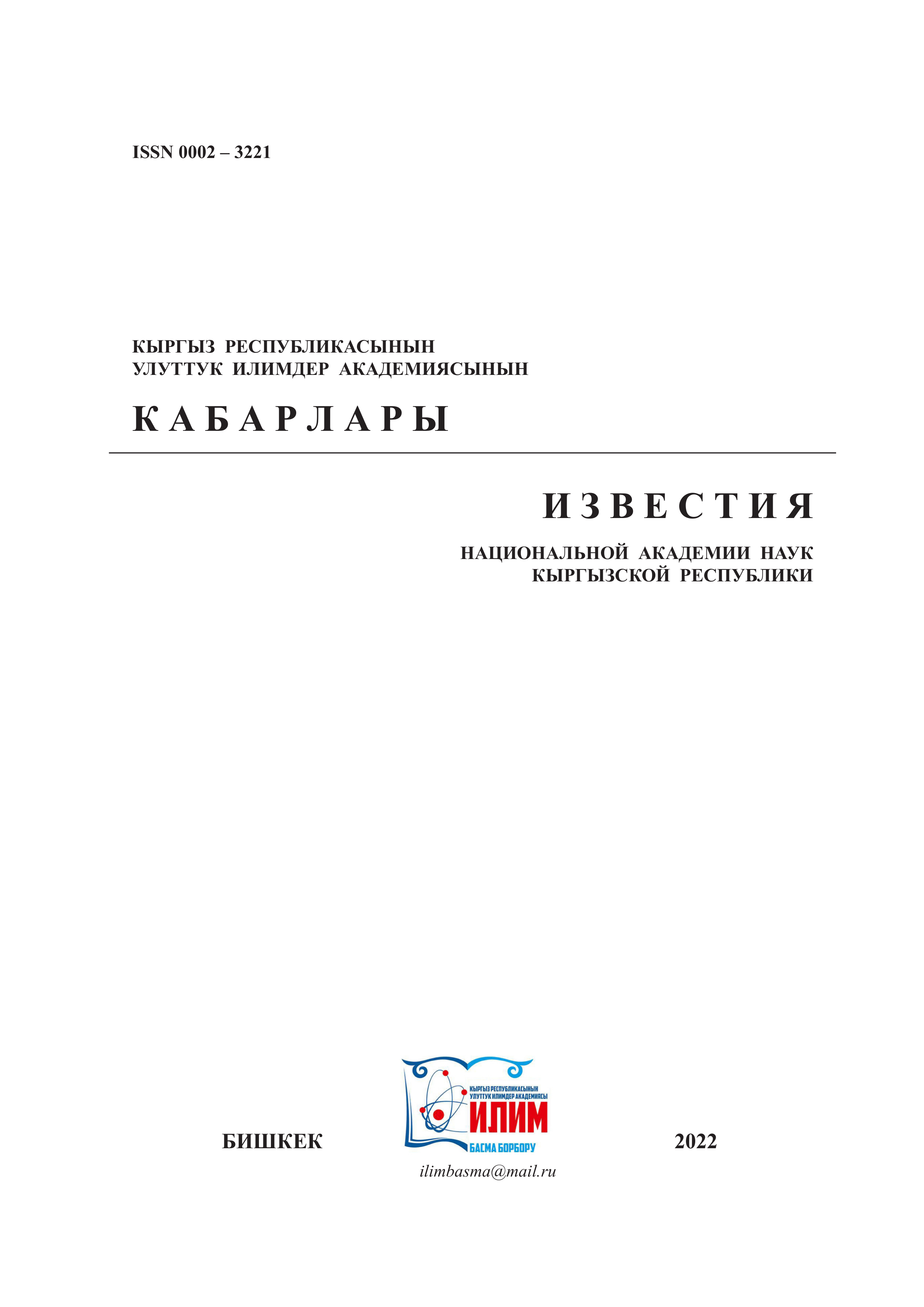THE USE OF THE ACTIVE LEARNING METHOD – PBL IN THE INITIAL CYCLE OF THE DISCIPLINE «NORMAL PHYSIOLOGY» IN THE HIGH SCHOOL OF MEDICINE
Keywords:
active learning methodology, PBL, problem-oriented learning, physiology.Abstract
Problem-oriented learning (PBL) is necessary for constructive, independent, collaborative and contextual learning of students. This article presents a comparative analysis of the training cycle using PBL for students of the 1st semester at the initial stage of training in physiology and for students of the 2nd semester who have already completed the basic course of physiology. We observed the dynamics in the groups and the process of assimilation of the material. The results of the study showed that the students of the 2nd semester have a positive correlation between group dynamics, self-study and learning outcomes is more pronounced than that of beginning students. Our results give grounds for the restructuring of the educational cycle, which is especially important for beginning students in mastering PBL.
References
Servant-Miklos VF, Spliid CM. The construction of teaching roles at Aalborg university centre, 1970–1980.
Hist Educ 5130: 1–22, 2017. doi:10.1080/0046760X.2017.1360402.
Tas Y, Sungur S. The effect of problem-based learning on self-regulated learning: a review of literature. Croat
J Educ 14: 533–560, 2012.
Wirkala C, Kuhn D. Problem-based learning in k-12 education: is it effective and how does it achieve its
effects? Am Educ Res J 48: 1157–1186, 2011. doi:10.3102/0002831211419491.
Vekli GS, Cimer A. Designing computer assisted problem based learning environment in the subject of
endocrine system in human beings for high school biology. Proc Soc Behav Sci 47: 303–310, 2012. doi:10.1016/j.
sbspro.2012.06.655.
Wilder S. Impact of problem-based learning on academic achievement in high school: a systematic review.
Educ Rev 67: 414–435, 2015. doi:10.1080/00131911.2014.974511.
Hmelo-Silver C. Problem-based learning: what and how do students learn? Educ Psychol Rev 16: 235–266,
doi:10.1023/B: EDPR.0000034022.16470.f3.
Walker A, Leary H. A problem based learning meta analysis: differences across problem types, implementation
types, disciplines, and assessment levels. Interdiscip J Probl Learn. 3: 6–28, 2009. doi:10.7771/1541-5015.1061.
Schmidt HG, Rotgans JI, Yew EH. The process of problem-based learning: what works and why. Med Educ.
: 792–806, 2011. doi:10.1111/j.1365-2923.2011.04035.x.

